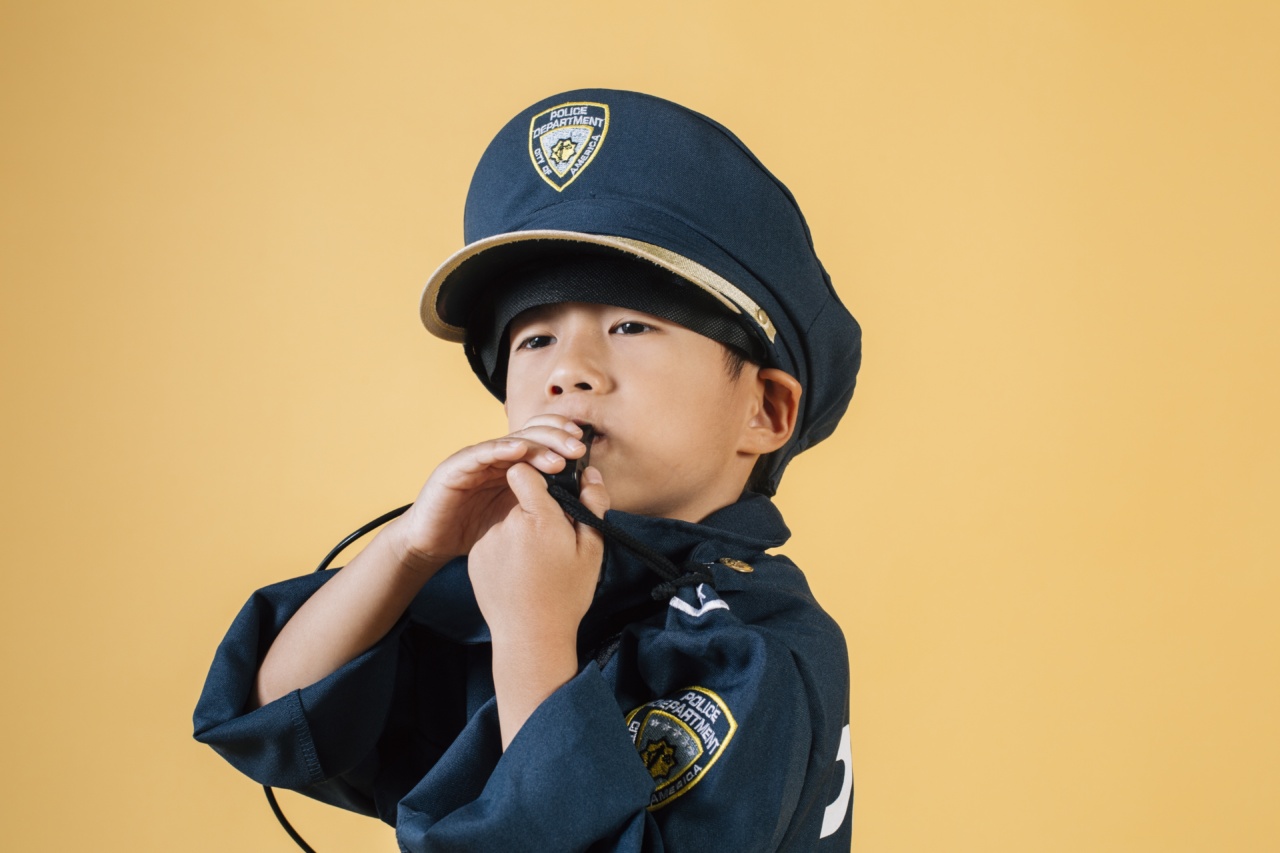Many parents face the dilemma of when to stop being naked in front of their children. It is a question that often arises as children grow older and become more aware of their own bodies and the concept of privacy.
Deciding when to stop letting your child see you naked is a personal choice that varies from family to family. In this article, we will explore different factors to consider and provide guidance on how to navigate this sensitive topic.
Understanding Age and Development
One important factor to consider when deciding when to stop allowing your child to see you naked is their age and stage of development. Young children, especially infants and toddlers, are generally not aware of nudity or have any concept of privacy.
They may see their parents naked when getting dressed, in the bathroom, or during bathtime without any negative implications. As children grow older, typically around the age of 4 or 5, they start becoming more curious about differences between genders and may begin asking questions or making comments about their own bodies or others.
Respecting Boundaries
Respecting the boundaries and comfort level of both yourself and your child is crucial. If you or your child starts feeling uncomfortable or embarrassed about nudity, it may be time to reconsider your approach.
Taking cues from your child’s reactions and emotions can help guide your decision. Encouraging open communication and discussing privacy can help establish healthy boundaries and mutual respect.
Understanding Cultural and Family Values
Cultural and family values play a significant role in determining when to stop letting your child see you naked.
Some families may have a more relaxed attitude towards nudity and view it as natural and normal, while others may have stricter views on modesty and privacy. Understanding and respecting your own cultural and family values can help guide your decision-making process and ensure that you are comfortable with the choices you make.
Teaching Privacy and Body Autonomy
As children grow older, it becomes important to teach them about privacy and body autonomy. This includes teaching them about personal space, boundaries, and the concept of private parts.
Explaining that everyone has the right to privacy and the importance of respecting other people’s boundaries can help lay the foundation for healthy social interactions and body autonomy. Modelling appropriate behaviors and attitudes towards nudity can also be instrumental in shaping your child’s understanding of privacy.
Growing Awareness of Differences
As children reach school age, they become more aware of their own bodies and the differences between genders. They may start comparing themselves to others and have questions about why their bodies look different.
At this stage, it may be appropriate to consider gradually introducing more privacy and limit nudity around your child. This can help them understand that certain behaviors and situations require more modesty and privacy.
Setting Clear Expectations
Establishing clear expectations and rules regarding nudity and privacy can be helpful. Discussing appropriate times and places for nudity, such as during bathing, can help create a framework for understanding.
Creating a consistent routine and sticking to agreed-upon boundaries can provide children with a sense of security and understanding.
Respecting their Wishes
As children grow older and become more self-aware, they may express their own discomfort or desire for privacy.
Respecting their wishes and providing them with the space and privacy they need contributes to their emotional well-being and self-confidence. Listening to their concerns and discussing alternatives that meet both their needs and your comfort level can be a productive way to address the issue.
Considering Cultural and Social Norms
In addition to personal values and family dynamics, it can be helpful to consider cultural and social norms.
If your child is approaching adolescence, it may be beneficial to align with prevailing practices in your culture or community to avoid potential misunderstandings or discomfort for your child.
Seeking Professional Guidance
If you find yourself unsure or struggling to make a decision on when to stop letting your child see you naked, seeking professional guidance can be incredibly beneficial.
Consulting with a pediatrician, therapist, or family counselor can provide expert advice tailored to your specific situation and address any concerns or uncertainties you may have.
Conclusion
Deciding when to stop letting your child see you naked is a personal choice that should be based on various factors such as age, development, cultural values, and mutual comfort.
It is crucial to respect both your child’s boundaries and your own feelings about nudity. By fostering open communication, teaching privacy and body autonomy, and considering cultural and social norms, you can navigate this sensitive topic with care and sensitivity.




























